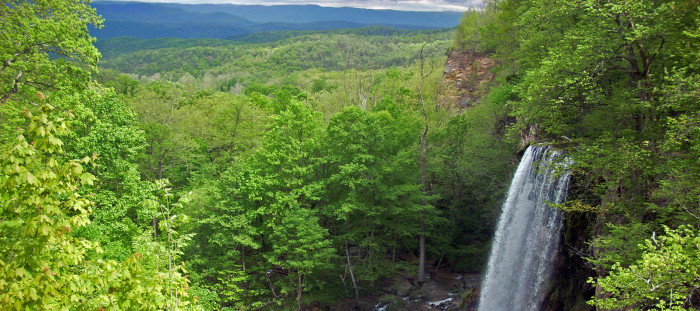The following post comes from our good friend Jamie Moorhead (www.moorhead-law.com) and highlights the complexities surrounding the Conservation Easement Tax Incentive. While this can and is a complicated process we at FSC feel it is a valuable tool in land conservation, which is why we have assisted in the implementation of numerous conservation easements. The key to simplifying the process is ensuring you have the correct team in place to assist you in implementing a conservation easement.
A recent article in Bloomberg news highlights the complexities of the conservation easement tax break. Both the conservation easement and the related tax incentives are sophisticated real estate and tax matters subject to regular debate by landowners, land trusts, and the Internal Revenue Service.
The Bloomberg article is here and describes the conservation program in part as a “complex and obscure tax break that benefits some of the nation’s wealthiest property owners.” Problems can arise when landowners take advantage of the program by securing unreasonably high appraisal values for their properties, upon which the tax break is calculated. Due to the apparent problems, uncertainty, and possibility of IRS oversight, some are shying away from utilizing the conservation easement.
The other article, a response to the Bloomberg article, appeared on the Land Trust Alliance website and is here. The response notes certain apparent factual errors, including the type of landowner making the donation (8 in 10 are not millionaires) and that the cost of the deduction appeared to be overstated by 400%. It should be noted that the Land Trust Alliance, an advocate for land trusts in the United States, has an inherent bias as much as Bloomberg may have a bias toward economic benefit, namely the Land Trust Alliance wants to see the conservation easement program grow for the benefit of its land trust members.
Although informed minds may differ, what appears consistent is that the conservation easement program – for the land trust, the landowner, and the IRS – continues to be a complex program, with enough uncertainties to cause debate among the various parties.
The result may have an unintended consequences: property owners look for certainty in their investments and accounting, and when one significant tax item has an uncertain future, the property owners may decide it is best just not to avail themselves of the benefit of that tax item.
So, an apparently beneficial program may never be fully implemented due to its own design.
If you are interested in learning more about the possibility of implementing a conservation easement on your property give us a call 434.979.3846, we would be happy to speak with you about it.

